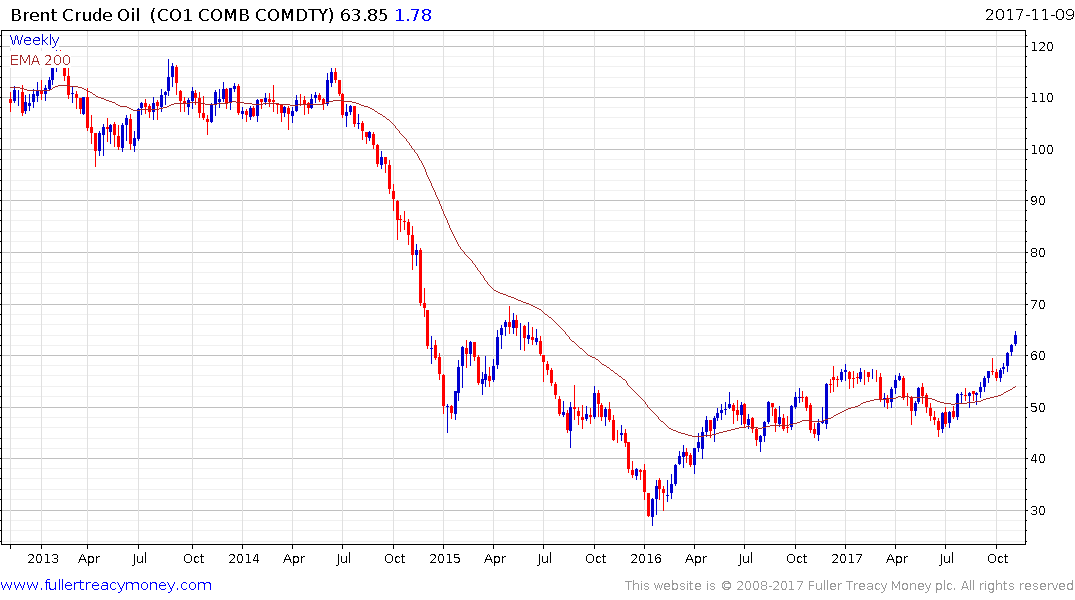Email of the day on feudalism in the modern era
I was thinking back to our dinner at the club in LA, and remembering that you stated that the Princes of the Sauds owed allegiance to their King, comparing them to the Barons of Europe in the middle ages. You said that sooner or later, the finances of the Kingdom would have to be enhanced, and that the Princes would be called upon to do so, just as the Barons of long ago were required to collect taxes and give treasure to the Crown. The parallels between today in the Kingdom of Saudi Arabia and those days so long ago are amazing!
We have now seen the first round of the tax collection begin, and those who were arrested were quite likely opposing the new "taxes", if not plotting actual rebellion (in which case they will almost certainly be executed). There is a clear message here for the rest of the Princes...
Now this is the stuff that historians truly love.
Saudi Arabia has been held together by a series of transfers and concessions to families and tribes that agreed to set aside their enmity in return for a share in the nation’s oil wealth. That worked well as long as the population was small and oil revenues trended higher amid a century of oil’s dominance of the global economy.
However, the country is now faced with the inevitability that renewable energy will become competitive with oil at some point his century. The most ambitious forecasts put that time within the next decade. For example, this article quotes a former chairman of General Motors predicting the end of the personal automobile with five years. Here is a section:
“It saddens me to say it, but we are approaching the end of the automotive era,” he writes this month for Automotive News. Our daily travel, he predicts, will migrate to standardized passenger modules as the demolition of the traditional auto industry accelerates. Within five years, he expects, people will start selling their cars for scrap or trade then in for autonomous passenger modules as self-driving cars take over transportation. Within 20 years, human-driven vehicles will be legislated off highways. Companies like Lyft, Uber, Google and other technology companies will take charge of an industry now centered in Detroit, Germany, and Japan.
Even if it takes 30 years for the reality of autonomous vehicles to emerge, a country whose vast wealth depends on oil revenues needs to act now. This article from Newatlas covering the progress Google’ Waymo is making in driverless cars may also be of interest.
Saudi Arabia’s population has swollen to 33 million with about 8 million of those representing guest workers. 50% of the population is aged 25 or less. The logical route to diversification while preserving social cohesion is to tax the wealthy before the poor. With a large young population, who have little chance of enjoying the social profligacy their parents enjoyed, keeping them onside with reform, job creation and hope for a better living standard is a major priority.
Additionally, the geopolitical uncertainty arising from the USA’s increasing domestic production of oil as well as Iran’s assertiveness means Saudi Arabia has threats on both the foreign and domestic front. For a feudal society the first recourse is to look to the princes for support. They would do well to consider history which is littered with the names of houses that rebelled against the kingdom and lost.
In very simple terms, risk attached to Saudi Arabia has surged because the ascension of 32-year old Mohammed bin Salman represents the claiming of power by a younger generation representing more than 50% of the population. He has to take risks because to do otherwise would ensure the breakdown of social cohesion as the country loses the ability to fund its social programs over time. By upsetting the status quo, the range of potential outcomes has increased, and it is by no means certain that he will prevail.
The potential for another proxy conflict against Iran, this time in Lebanon, represents another expensive extra-territorial foray.

These factors continue to represent a tailwind for oil prices which are holding the move above $60.


